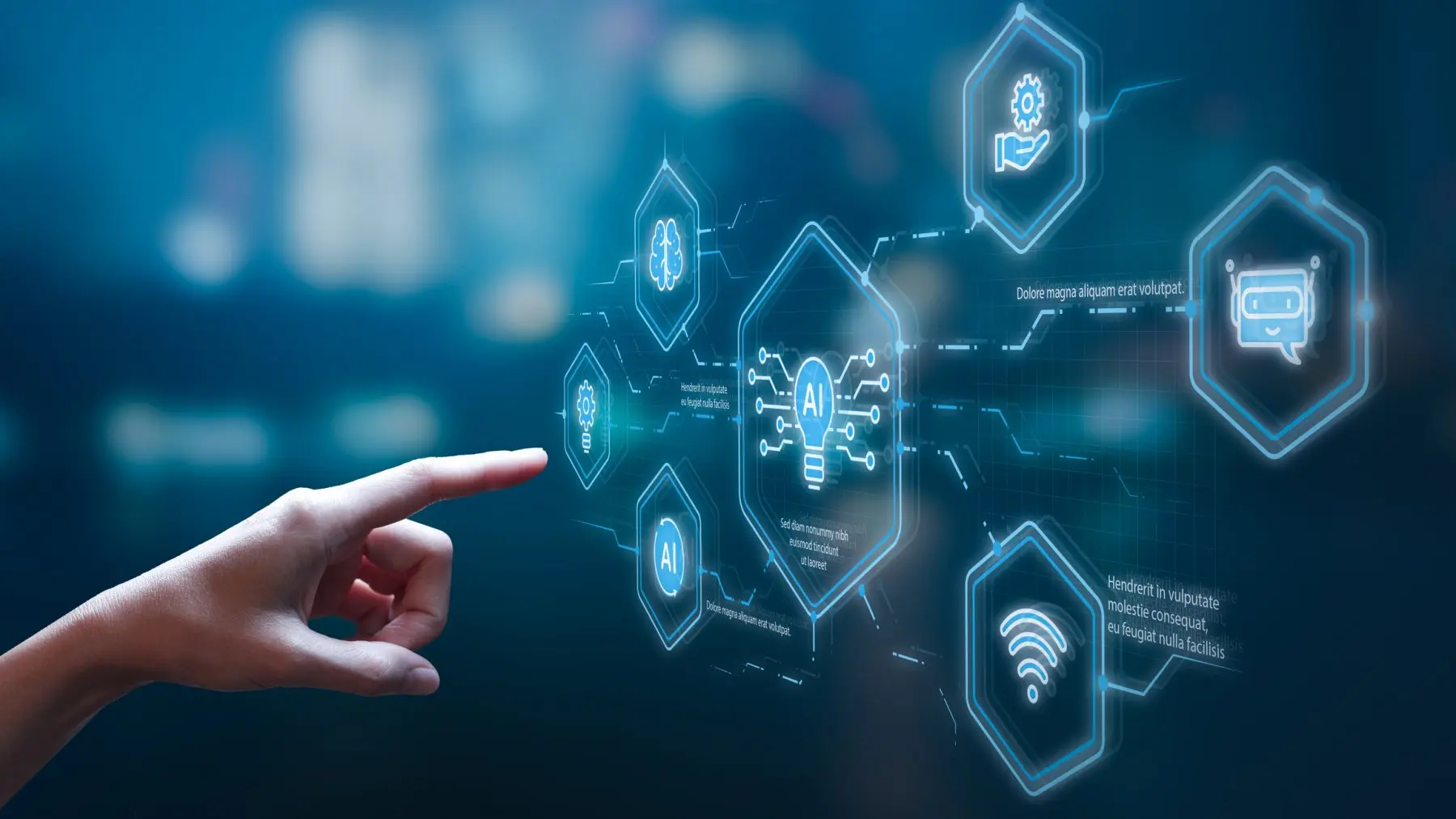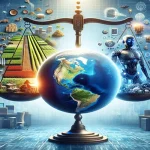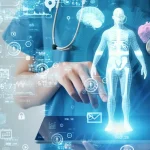Introduction
Artificial intelligence is transforming education across the globe, redefining how students learn, teachers teach, and societies prepare for the future. From adaptive learning platforms to virtual classrooms, AI is creating personalized educational experiences that transcend borders.
At the same time, celebrities and political leaders are reshaping the conversation about access, digital equity, and the ethics of automation — turning education into one of the most influential battlegrounds of global development.
AI and the Personalization of Learning
AI-powered learning platforms have revolutionized education by adapting lessons to individual student needs. Algorithms now analyze learning styles, pace, and comprehension levels to create customized learning paths.
This technology allows students from diverse backgrounds to progress at their own speed, while educators can focus on creative instruction rather than repetitive grading or administrative work.
Global Education Inequality and Digital Access
Despite AI’s promise, digital inequality remains a major obstacle. In many developing nations, lack of internet access and digital infrastructure limits the benefits of these innovations.
Global organizations and governments are now launching initiatives to bridge this divide — ensuring that the power of AI reaches classrooms in rural Africa, Southeast Asia, and Latin America, not just high-tech cities.
Celebrity Advocacy for Education Equity
Celebrities have become major voices in the global education movement. Figures like Malala Yousafzai, Emma Watson, and Shakira are advocating for equal access to education, using their platforms to highlight digital inclusion as a human right.
By funding scholarships, promoting AI-driven literacy programs, and supporting global education charities, these public figures are shaping a new era of awareness and activism rooted in knowledge and empowerment.
AI Teachers and the Future of Pedagogy
Virtual AI instructors are emerging as powerful educational tools. These systems can tutor students in multiple languages, provide instant feedback, and track progress in real time.
While some fear AI could replace human teachers, experts emphasize that it should complement — not replace — the human connection that fosters emotional intelligence, creativity, and moral development in education.
Political Investment in Digital Education Reform
Governments around the world are rethinking national education strategies in light of AI’s growing influence. Countries such as Finland, Singapore, and the UAE have already integrated AI literacy into school curriculums to prepare the next generation for a tech-driven economy.
However, political debates continue over privacy, data ownership, and the ethical use of educational AI systems — highlighting the tension between innovation and public trust.
Global Collaboration and the Future of Learning
The future of education depends on collaboration among tech companies, governments, and global institutions. Initiatives by UNESCO and UNICEF are setting global standards for ethical AI education practices.
This collaboration ensures that technology supports equality and creativity, not just efficiency — cultivating a generation that can think critically, solve global problems, and use AI responsibly.
FAQs
How is AI transforming global education?
AI personalizes learning, automates grading, and expands access to education through virtual and adaptive platforms.
Which celebrities are involved in education reform?
Malala Yousafzai, Emma Watson, and Shakira are key advocates promoting AI-powered education and digital access for all.
Can AI replace teachers?
No, AI complements teachers by handling repetitive tasks while humans provide emotional, creative, and social guidance.
What role do governments play in AI education?
Governments invest in digital infrastructure, develop ethical AI policies, and integrate technology into national curricula.
How does AI reduce global education inequality?
By offering scalable, remote learning tools, AI enables students in underdeveloped regions to access world-class education resources.
Conclusion
The merging of AI, celebrity advocacy, and political action is redefining what it means to learn in the 21st century. Education is no longer confined to classrooms — it is a global ecosystem of data, empathy, and innovation.
As technology expands human potential, the challenge lies in ensuring that AI education empowers rather than excludes, guiding humanity toward a smarter, more equitable world.





